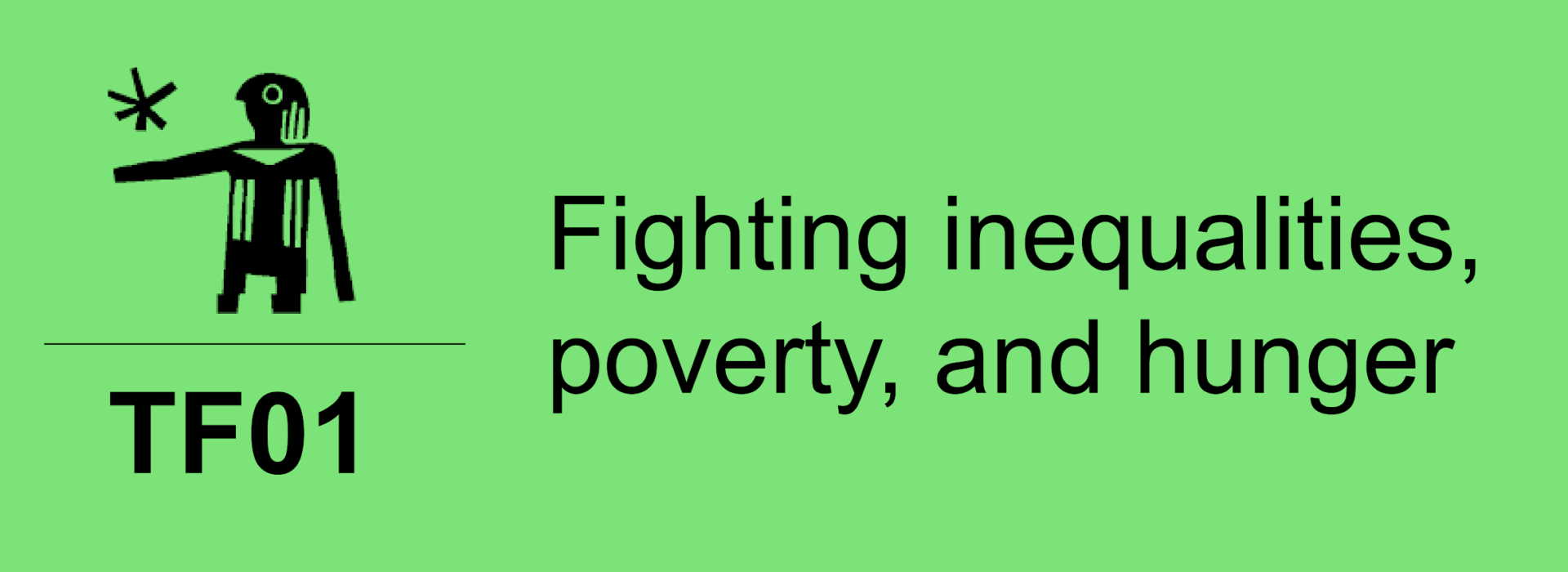In recent years, the world has faced a widespread polycrisis. Depending on each region, governments have chosen different approaches to face it, ranging from fiscal consolidation programmes to expansionary public policy through relief packages. However, a common challenge for many is the reduced, often shrinking, fiscal space. Fiscal consolidation has led to a reduction in allocation to public spending, which affects disadvantaged groups, especially women. Furthermore, studies highlight that fiscal policies, often perceived as gender-neutral, are gender-blind. The aim of gender equity needs greater alignment in international cooperation policies. These challenges result in policies that deepen gender biases and move away from meeting SDG 5. Tax policy can help address these challenges when implemented from a gender perspective. However, according to OECD (2022), only twenty-two countries, including G20+ members, have implemented specific tax reforms for gender equity. In contrast, gender-neutral policies prevail, such as higher tax rates on second earners, informal taxation or user fees for services used more by women, and low taxation on capital income or wealth. In this context, enhancing gender-sensitive fiscal spaces is essential. The G20 provides a valuable platform for fostering multilateral commitments. The concrete proposals are: 1) Promote an Engendered Fiscal Space Framework for better alignment of tax policies with SDG 35; (ii) Help G20 countries build tax capacities and foster international cooperation to facilitate the exchange of best practices and technical expertise, enabling nations to overcome common challenges and achieve sustainable progress towards SDG targets; (ii1) Advance progressive tax systems by a) re-shaping the tax mix to reduce the tax burden on low-income earners, b) rationalize the use of tax expenditures and c) increase taxation of the rich (Alstadsater et al, 2024).
Register for Updates
Would you like to receive updates on the Global Solutions Initiative, upcoming events, G7 and G20-related developments and the future of multilateralism? Then subscribe here!
1 You hereby agree that the personal data provided may be used for the purpose of updates on the Global Solutions Initiative by the Global Solutions Initiative Foundation gemeinnützige GmbH. Your consent is revocable at any time (by e-mail to contact@global-solutions-initiative.org or to the contact data given in the imprint). The update is sent in accordance with the privacy policy and to advertise the Global Solutions Initiative’s own products and services.









